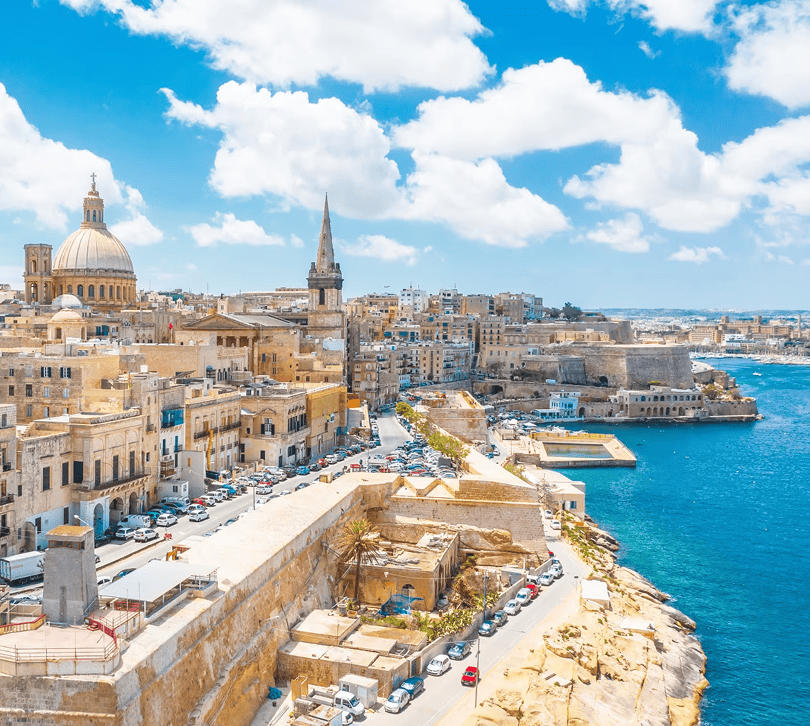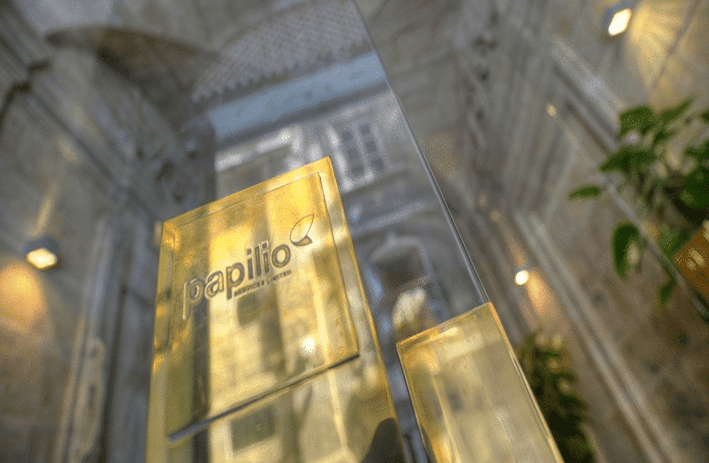Let’s be honest, the business world is getting smaller. Cross-border transfers or supplies whether purchases by a business or the supply of goods or services to customers are getting more common. Often, for many budding entrepreneurs turning an idea into a business or setting up a business usually focuses on the product or service the business is going to sell to its customers, how much money or profit they can make and how to get the business off the ground with savvy marketing.
The least amount of time usually is invested in ensuring the business is compliant with taxation. In particular indirect taxation such as VAT and understanding what your business obligations are. The fact that VAT can be an extremely complicated form of taxation adds further fuel to the fire. Often businesses, rather than pre-planning the effect of VAT on their business transactions and supplies, find themselves putting out fires six months or a year into their business venture.
Having at least a basic understanding of your obligations is a must. Seeking professional advice in the planning stage or before the transactions take place can help your business stay compliant. And also avoid timely and costly errors.
What is Value Added Tax (VAT)?
Value Added Tax or VAT as it is commonly referred to is an indirect form of taxation. It’s generally known as a consumption tax. It’s imposed on the value of goods and services at each stage of production and distribution. It is applicable generally for cross-border transfers made within the EU and imports of goods into the EU and is governed overall by the EU VAT Directive. The EU VAT Directive is then transposed into the legislation of each EU Country. Each EU country has the flexibility to set its VAT rates subject to a minimum and maximum limit. Supplies for VAT purposes are usually categorized between the supply of services and the supply of goods. Both have different VAT methodologies on their treatment.
What is a supply of services?
The supply of services is generally deemed to be anything that is not considered a supply of goods. Or, an EU acquisition or an import of goods. The general rule of the supply of services is usually dependent on whether the customer is a taxable person or a non-taxable person. For cross-border transfers or supplies made to a taxable person, the place of supply is usually deemed to be where the customer is located and for a non-taxable person, it is usually deemed to be where the supplier is established. It is important to define if your customer is deemed a taxable person for VAT purposes.
What is a supply of goods?
The supply of goods is generally deemed to be a supply that involves the sale of physical and tangible items between two parties. On a general level, a supply of goods can involve transporting those goods in the same country, across countries and hence a cross-border transfers and can even be an installation of goods that does not involve transportation. Working out and understanding the VAT treatment of goods can be complicated and it is best to seek professional advice to ensure your business is compliant with VAT legislation. Your business must be correctly registered in the correct country and apply to the correct countries’ VAT rates and reporting requirements.
Additionally, once again the place of supply rules change depending on if the customer is a taxable person or a non-taxable person. Entrepreneurs quickly setting up an e-commerce website to sell goods to businesses and private individuals in different countries can quickly fall foul of the rules and find they have not charged or collected the correct VAT, reported in the incorrect boxes for VAT reporting or worse still not understood that there is either a VAT obligation to register in your customers country or missed an opportunity to simplify VAT reporting matters by applying the One Stop Shop (OSS) and registering in one country in the EU.
What is an Import for VAT purposes?
Cross-border transfers or when goods are purchased outside of the EU and are then delivered into the EU it should be considered whether the purchase of these goods is deemed an import into the EU. If deemed an import into the EU and there is no applicable exemption in the country of entry, then there may be a requirement to pay customs duty and VAT. The first point of entry is usually used as the determining point of entry for VAT and customs purposes unless placed under a suspension regime where the goods are not deemed to be in free circulation within the EU until they arrive in a particular country.
Planning for the country of entry is also advisable and it should be looked at what the VAT rate of that country is, what the reporting obligations are for that country and if you are moving stock in and out of that country the impact for VAT purposes of the movement of the stock.
What is Intrastat reporting?
In addition to managing VAT, businesses involved in the cros-border transfers or movement of goods across EU borders must comply with Intrastat reporting requirements. Intrastat is a system for collecting and disseminating statistics on the trade in goods between EU member states.
When a business exceeds certain thresholds for the intra-EU movement of goods, it becomes obligated to submit Intrastat declarations. These thresholds vary from country to country, and companies must monitor their trade activities to ensure compliance. Intrastat declarations typically include information such as the value and quantity of goods, their origin and destination, and the nature of the transaction.
Businesses or Private Consumers
In VAT terms, it is generally established firstly whether an economic supply has been made by a taxable person for consideration. The supply to businesses and private individuals has very different VAT treatments and can also cause a lot of confusion.
If a supply is made by a VAT-registered taxable person to a private person or a taxable person where the goods remain in the same country, the place of supply is deemed to usually be in that country. If goods move from one EU country to another EU Country where the customer resides the place of supply is usually deemed to be where that customer resides.
For an e-commerce website selling goods to multiple private customers in multiple jurisdictions, this can cause an administrative nightmare with the potential need to register in each jurisdiction where your private customers are residents. However, a simplification method is available via the One Stop Shop (OSS) which allows for the business to register in one EU member state and to report in one state. However, the respective VAT rates of the customers’ countries should be reported, charged and collected. This is then submitted via the chosen country of VAT registration and paid to the VAT department of that country. Sales per country must be segregated and reported accordingly with the correct VAT rates used for each respective country.
What are Electronic Supplies?
It should be noted that supplies deemed electronic supplies or digital services, where there is minimum human intervention (impossible to deliver without the involvement of information technology) and are delivered over an electronic network have their particular legislation and guidelines.
Note that this article is for general guidance only. And, it shouldn’t be construed as advice. Also, each transaction or supply should be assessed by a professional on its own merits for the correct taxation treatment.

















